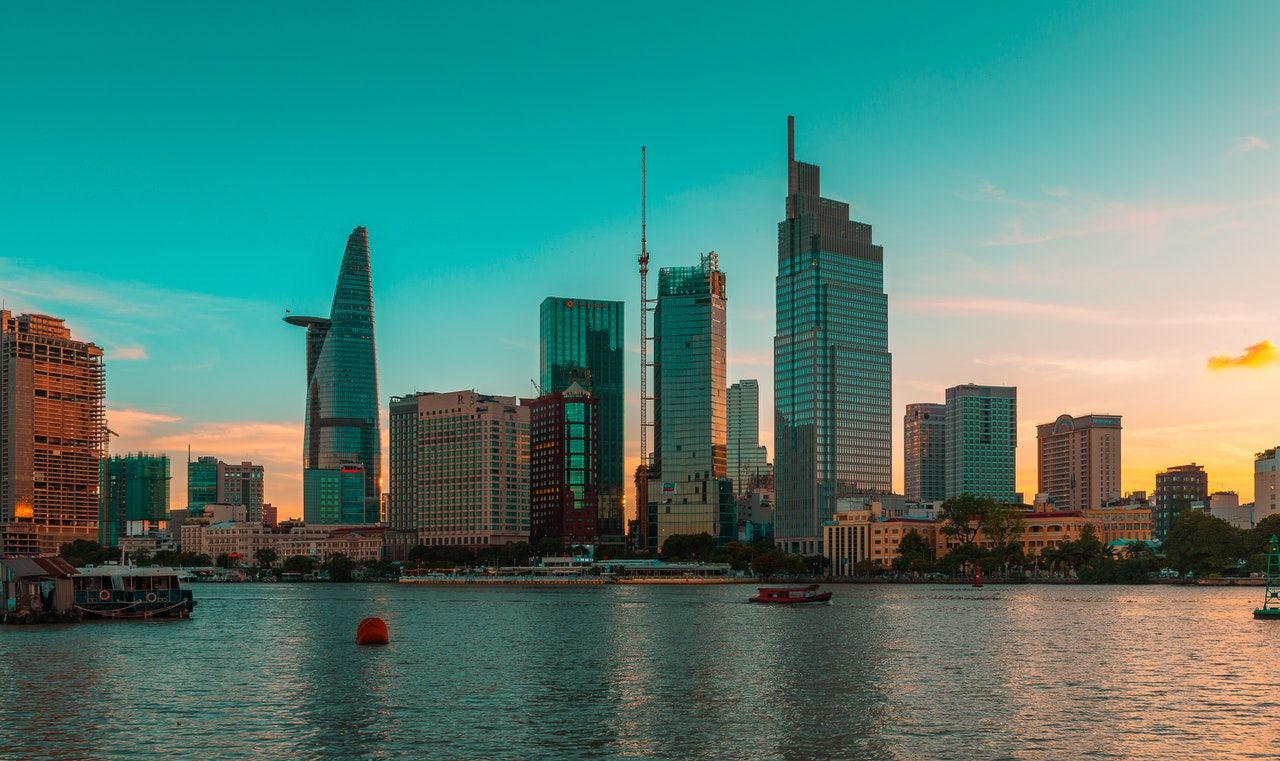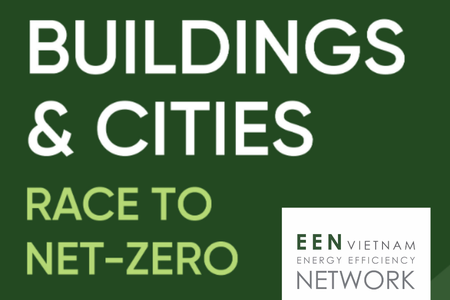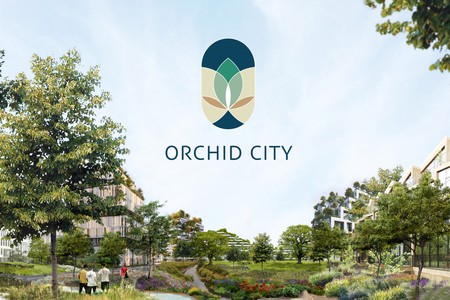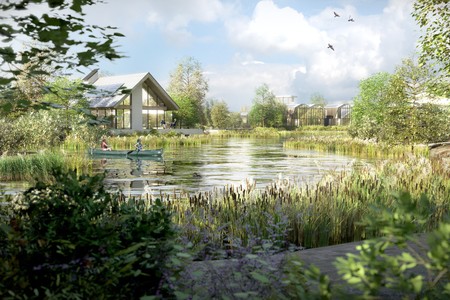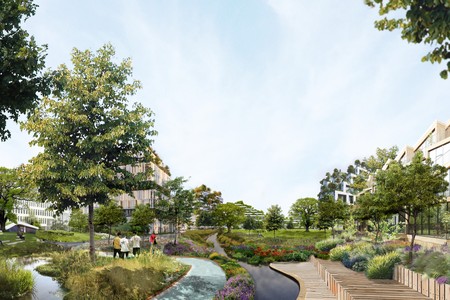Vietnam has outlined bold carbon reduction goals in its National Green Growth Strategy 2021-2030. With this, it has entered a pathway to become a sustainable development leader in South-East Asia.
To support Vietnam Energy Efficiency Building Week in November 2021, the Vietnam Energy Efficiency Network and a consortium of partners published and presented the following summarized articles on creating net-zero buildings and cities in Vietnam. Except's contribution reveals how Vietnam can become a leader and show other nations how they too can transition toward more impactful and positive development. The article also discusses the critical and vast differences between a 'smart city' and a sustainable one.

Green and Sustainable Initiatives
- Launching Vietnam as a Southeast Asian leader in sustainable development
Tom Bosschaert & Sonia Gholami, Except Integrated Sustainability
Except wrote about why Vietnam is poised to become a sustainable development leader due to its CO2 reduction goals in its National Green Growth Strategy 2021-2030. We share why we chose Vietnam as one of few places in the world to launch Orchid City, our holistic blueprint for a sustainable, affordable, and self-sufficient city. We also outline significant economic and ecological differences between Orchid City and the somewhat more familiar “smart city” concept.
- Assessment of Da Nang city and low-carbon model proposal for 2040
Assoc. Prof. Dr. Arch Nguyen Anh Tuan, University of Science and Technology, the University of Da Nang
This article details four vital steps that Danang, Vietnam's third-largest city, can take to transition to low carbon. These steps are as follows:
- Determine baseline CO2 emissions
- Set goals to reduce CO2 emissions by 60% by 2035 and at least 80% by 2050 (compared to 1990 levels)
- Establish policy and supporting activities to help achieve this
- Monitor and report CO2 emissions over time
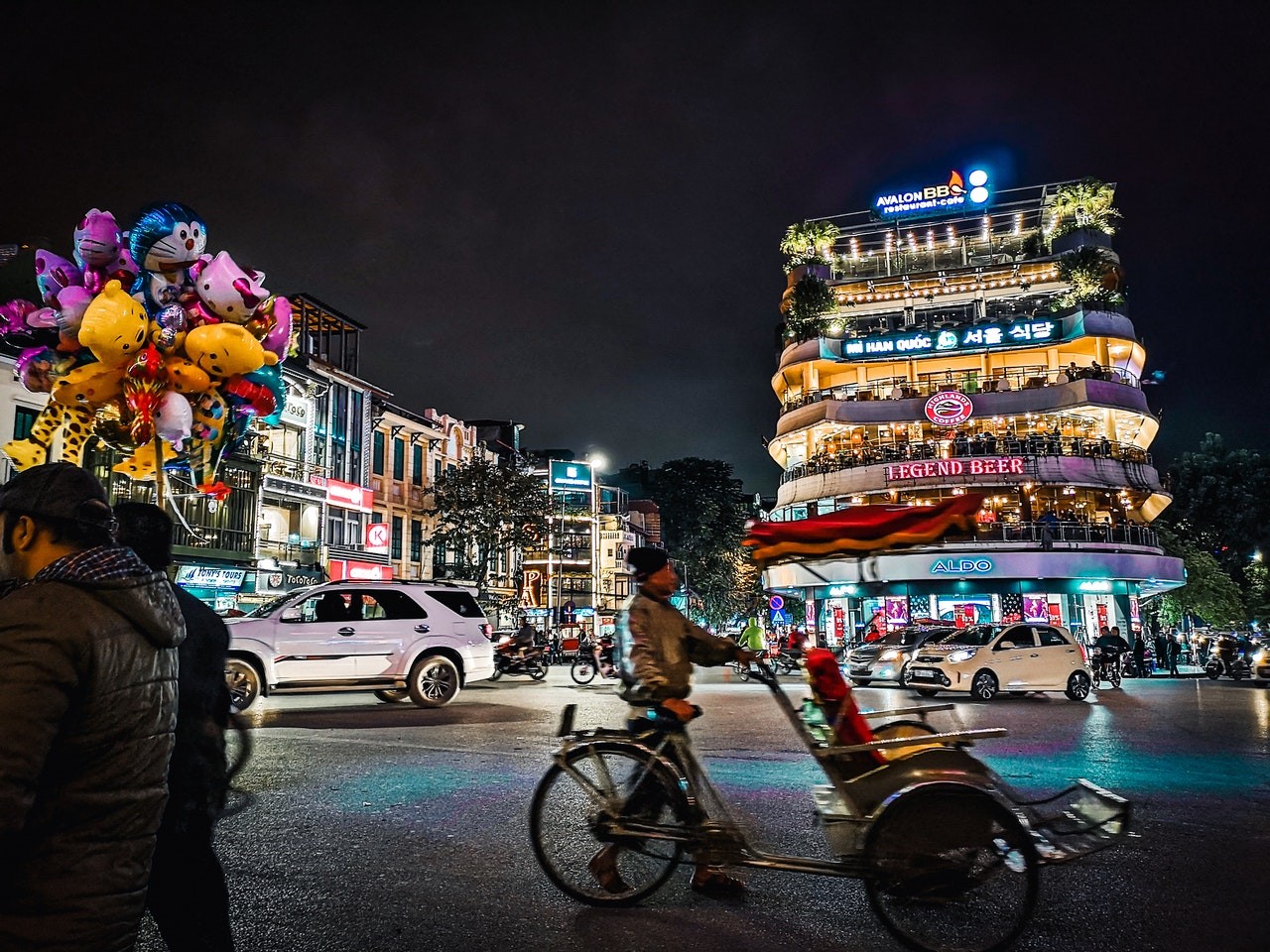
- Belgian - Vietnamese cooperation on urban climate resilience
Dr. Nuri Cihan Kayaçetin, Prof. Alexis Versele, KU Leuven, Department of Civil Engineering, Building Physics and Sustainable Design Unit, Technology Campus Ghent, Belgium; Dr. Ngo Hoang Ngoc Dung, Dr. Nguyen Tien Dung, Hanoi University of Civil Engineering (HUCE), Hanoi, Vietnam
This article outlines the Ecopolis framework and describes how the model that was used to collect and compare data in two very different districts: Dampoort in Ghent, Belgium, and Nghia Tan, a neighborhood in Hanoi, Vietnam. The goal is to develop a practical business model and to inform developers, planners, and regulators of the need for multidisciplinary and public-derived input for neighborhood renovations and developments.
- One Planet City Challenge: supporting Vietnamese cities to carbon zero
Vu Quoc Anh, Project Manager cum VCCA/CCWG Coordinator, WWF-Vietnam
Vietnamese cities face numerous technical and financial difficulties in identifying the appropriate course of action in various sectors such as energy, transportation, waste management. This article discusses that the effort to make Vietnamese cities greener requires an inclusive and multi-stakeholder approach and a cross-examination of cities in Europe that have practical experience in implementing such solutions.
Net-Zero Energy Buildings
- Energy-efficient buildings toward net-zero carbon emission
Tran Thanh Vu, director of Edeec Co. Ltd, president of International Building Performance Simulation Association – IBPSA Vietnam
Vietnam aims to reduce energy consumption in construction encourage the development of green and more sustainably-focused structures. Tran Thanh Vu shares how energy-efficient building design plays an important role in optimizing comfort, investment costs, and building performance.
- Countercyclical design: smart design and intelligent buildings
Esther Gerritsen, consultant of integrated sustainability (built environment) Royal HaskoningDH
Gerritsen outlines the difference between smart building design and countercyclical design. Additionally, she discusses how it is possible to overcome the vital challenges in developing an energy transition roadmap for factories, office buildings, and construction fields in Vietnam
- Strategy on the development of energy-saving building materials in Vietnam
Assoc. Prof. Dr. Le Trung Thanh, president of Vietnam Institute for Building Materials (VIBM), Ministry of Construction
This piece discusses the importance of energy-saving building materials and how they can save considerable energy compared to more traditional products and methods. Moreover, as energy-efficient BMs reduce electricity consumption across the entire supply chain, their adoption would significantly help decrease CO2 emissions.
EEN-Vietnam Energy Efficiency Network
EEN has been a partnership platform since 2017 and aims to improve sustainable energy objectives through best practice exchange, communications, and capacity building in Vietnam.
They provide practical knowledge exchange between universities, engineers, energy users, consultancies, and organizers. Their overarching aim is to enhance the efficiency of energy suppliers in the Vietnamese market, support energy sustainability, and achieve national and regional energy-use and efficiency objectives.
Jan. 31, 2022
Downloads
Related items
